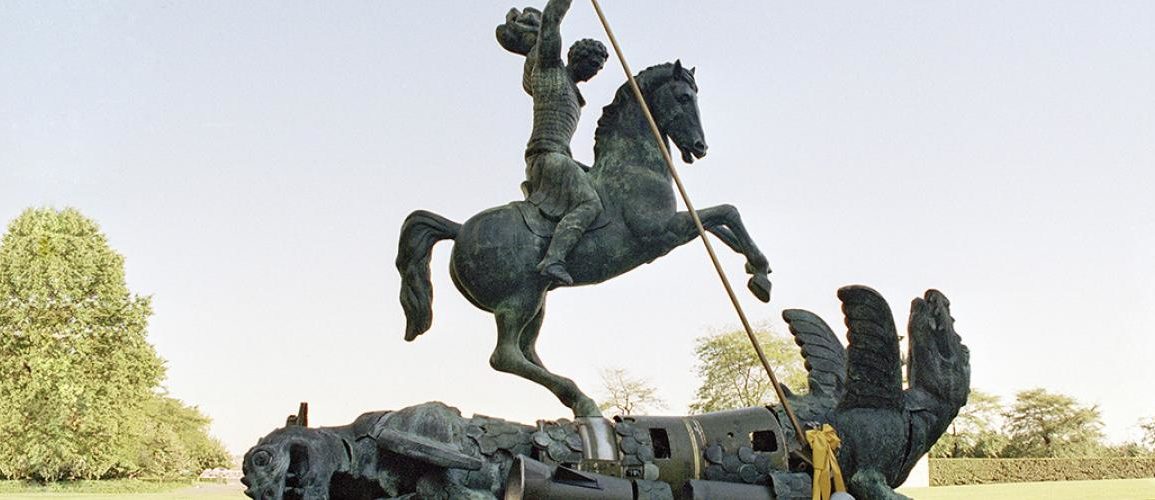Here is the statement by Archbishop Paul Richard Gallagher, Vatican Secretary for Relations with States to the United Nations General Assembly High-Level Plenary Meeting to commemorate and promote the International Day for the Total Elimination of Nuclear Weapons, New York, September 28, 2021.
***
Mr. President,
Today’s observance of the International Day for the Total Elimination of Nuclear Weapons is an occasion to impress on the world, and particularly on the leaders of nuclear-weapon States, humanity’s insistent demand for the elimination of nuclear weapons and this forum’s many pledges to rid the world of the threat of nuclear war.
Four years ago, 122 Member States voted to adopt the Treaty on the Prohibition of Nuclear Weapons. This past January that treaty entered into force. The Holy See is grateful to those States that have signed and ratified the Treaty, and it encourages reluctant States to join this important agreement.
Mr. President,
Two factors contribute to the perpetuation of the nuclear status quo.
The first is the policy of deterrence, which drives the arms race[1] and generates a de-humanizing technological environment that sustains and aggravates mistrust among nations.[2] We must make our own the insight of Pope John XXIII, that “true and lasting peace among nations consists not in an equal supply of armaments, but in mutual trust alone.”[3] Trust among nations warrants verification and the Holy See strongly endorses verifiable disarmament agreements.
The second factor is the exorbitant spending by a few States in the production and deployment of nuclear arsenals, which is a source of growing inequality both within and across nations. Faced with a global pandemic of uncertain duration and the worsening effects of global climate change, States must reduce military expenditures in the interest of meeting humanitarian needs and the demands of our common home. In that context, I wish to renew the Holy See’s plea that governments apply “the money spent on weapons and other military expenditures [be used to] establish a global fund that can finally put an end to hunger and favor development in the most impoverished countries.”[4] I particularly urge those States benefitting from the nuclear umbrella to help recalibrate global priorities by supporting nuclear disarmament efforts under the Non- Proliferation Treaty Article VI.
Mr. President,
The first words of the UN Charter make a strong commitment to “save succeeding generations from the scourge of war which … has brought untold sorrow to mankind.”[5] It is long overdue, therefore, that the international community makes good on its determination. It is at the heart of the mission of this organization and is the long-unfulfilled desire of the human family. It is time for us to act.
Thank you, Mr. President.
[1] Archbishop Dominique Mamberti, Address to the High-Level Meeting on Nuclear Disarmament, 26 September 2013.
[2] See Pope Francis, Fratelli Tutti (On Fraternity and Social Friendship), no. 258.
[3] Pope John XXIII, Pacem in terris (Peace on Earth), no. 113.
[4] Fratelli Tutti, no. 262; Paul VI, Populorum progression (The Development of Peoples), no, 282.
[5] Preamble of the United Nations Charter. [01296-EN.01] [Original text: English] [B0609-XX.01]
Copyright © 2021 Permanent Observer Mission of the Holy See to the United Nations, All rights reserved.










